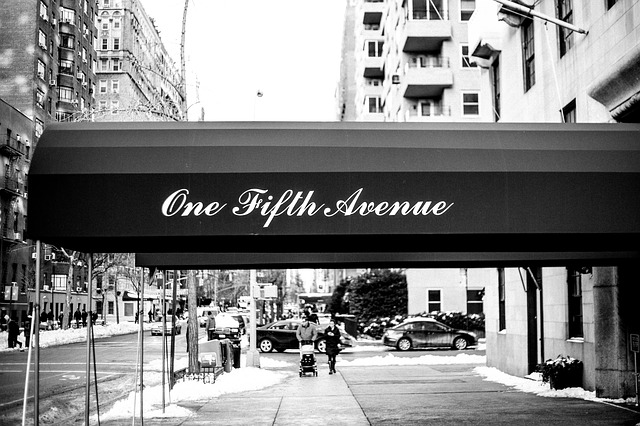The way you manage your money affects every aspect of your life. Take charge of your finances. The following tips will help you manage your finances with as little frustration as possible.
Times are tough, try having your savings in different places! A savings account, check account, high interest account and stocks will help you make the most of your cash. Make use of as many of these as you want to maintain stronger finances.
Credit Score
While you are working to fix your credit, your credit score may decline. A drop in your credit score does not mean you have done something wrong. Keeping good information in your credit report will help your score increase over time.
Replace all of your old light bulbs with new, efficient CFL bulbs. By replacing your bulbs, you will pay less on your electricity bills and be less of a burden to the environment. CFL bulbs also last much longer than traditional light bulbs. Despite the higher initial price, they pay for themselves, since you needn’t purchase new bulbs often.
Signing up for frequent flyer programs is a good idea if you fly often. Most credit cards have some sort of rewards program that allows you to redeem points for cash or gifts. These frequent flier miles may be redeemed at various hotels for rooms that are free, or sometimes for discounts on your stays.
Being aware of the value of one’s possessions can help prevent financial loss. It’s also important to check on the value items you might not have bought that you are considering getting rid of. Sometimes an ugly vase may be a collectible to someone else. A quick Internet search can give you some information about the value of certain items.
An old laptop can be turned into some extra money for one trying to supplement their personal finances. You can sell it, if it is fixed, for more than you could if it was broken. If it’s broken, it can still be sold for some extra change. Remember, getting a little bit of money is a lot better than getting nothing.
No one is perfect when it comes to their personal finances. One bounced check may be forgiven by your bank. If you talk them, they may waive the overdraft fee. Getting a fee waived is usually only a one-time deal, though, so don’t abuse this tactic.
Protect your bank account with overdraft protection. This can help when you are struggling from paycheck to paycheck. While it may cost you a couple of dollars monthly, it’s much less than the usual overdraft charge of $20 or more for each transaction.

You should create a wall calendar so that you can track your payments, billing cycles, due dates, and other important information all in one place. This reduces the likelihood that you will forget to make payments within the specified period. This can help you budget better and avoid late fees.
National Brands
Use store brands as opposed to national brands. A lot of the big national brands cost a lot because they pay excessive amounts to advertise their products. Make sure you choose the least expensive options instead. Often, the generic brand will maintain the same quality as the higher end brand.
Keep an eye out in the mail for letters pertaining to changes to your credit accounts. By law, you should receive at minimum a forty-five day notice. Review the changes, and determine if it is still to your benefit to keep your account. If you decide it is not worth maintaining, close the account, and move on.
The best way to be successful with your finances is to have a budget that you have written down. The first step toward that is to make a list of everything that you will be spending for the month. Include everything from rent to food to car payment so that you can assess where you are spending money. Remember all anticipated expenditures. Document the payment amount of each bill, and don’t spend more than your monthly income.
Think about working from your home to save money. In reality, going to the office can cost you a lot. Between parking, buying meals and gas, you could end up spending most of your check even before you get it.
Carry $10.00 cash or a debit card to make small purchases. New laws give merchants the ability to set the purchase limit for credit card usage.
You can always put your finances in order; there is no point where it is too late to do this. Doing so will help you be better prepared for your sixties. Just starting is already a good step for personal finance.
Every aspect of your life is effected by money management. Some simple steps can help you manage your personal finances.